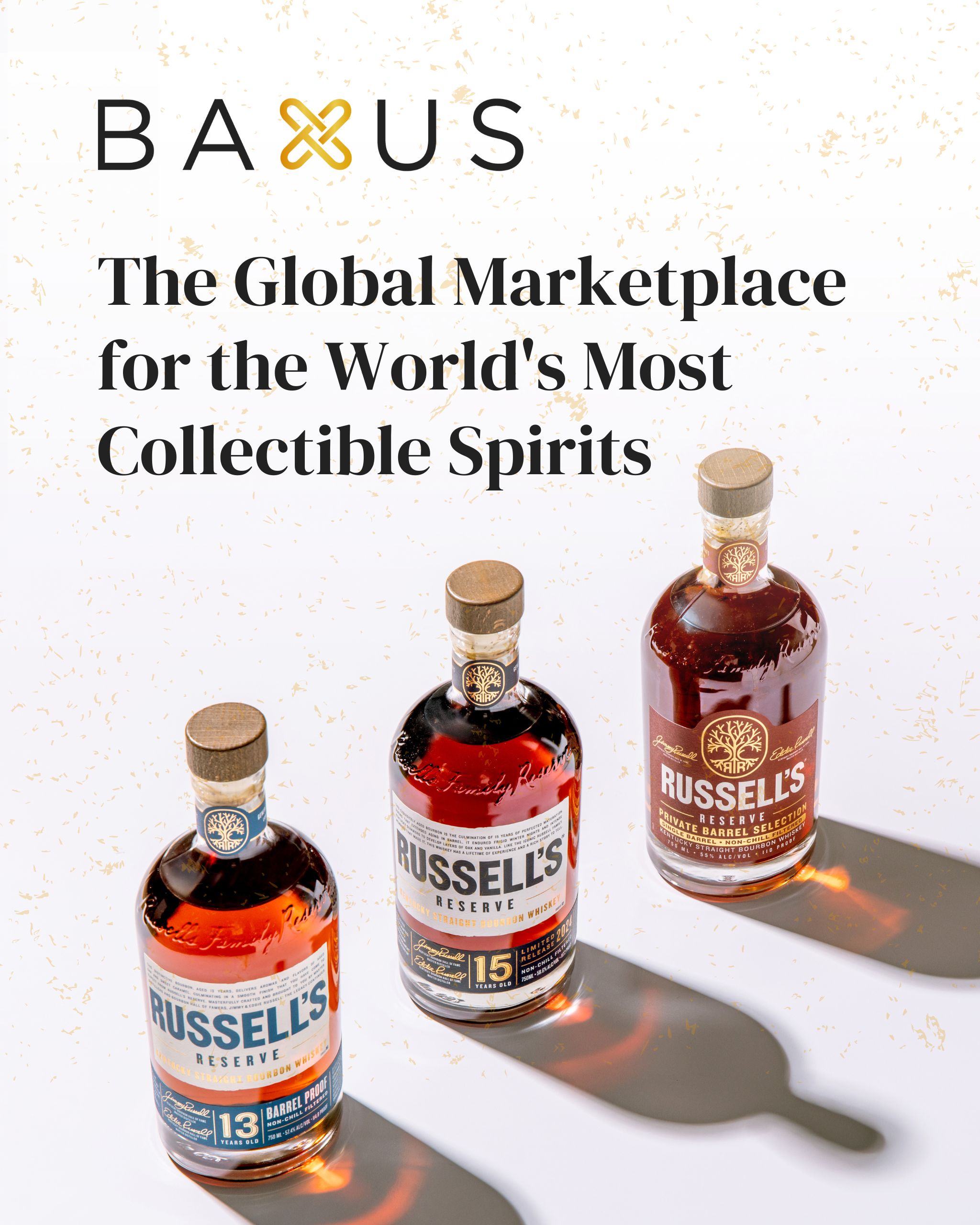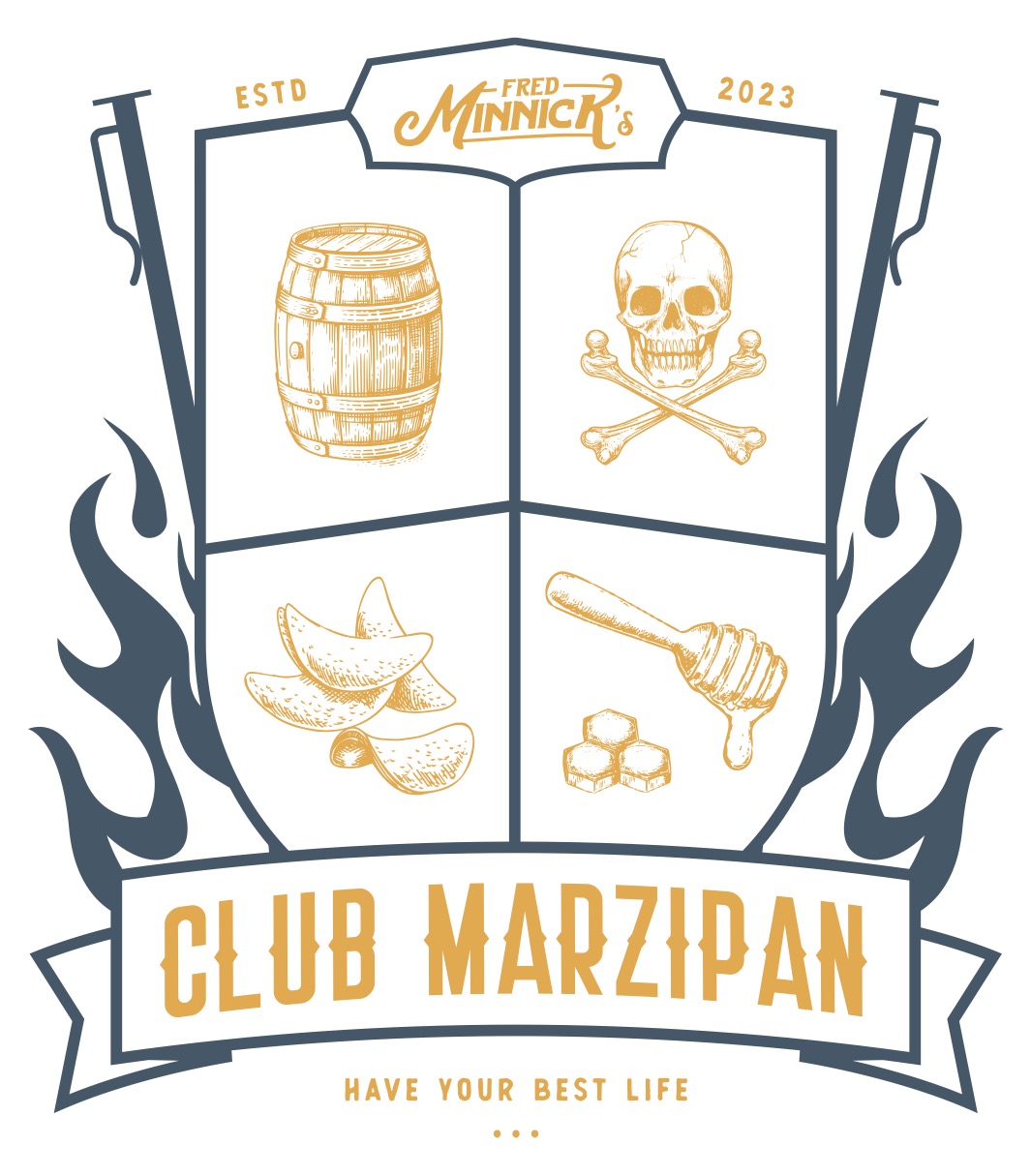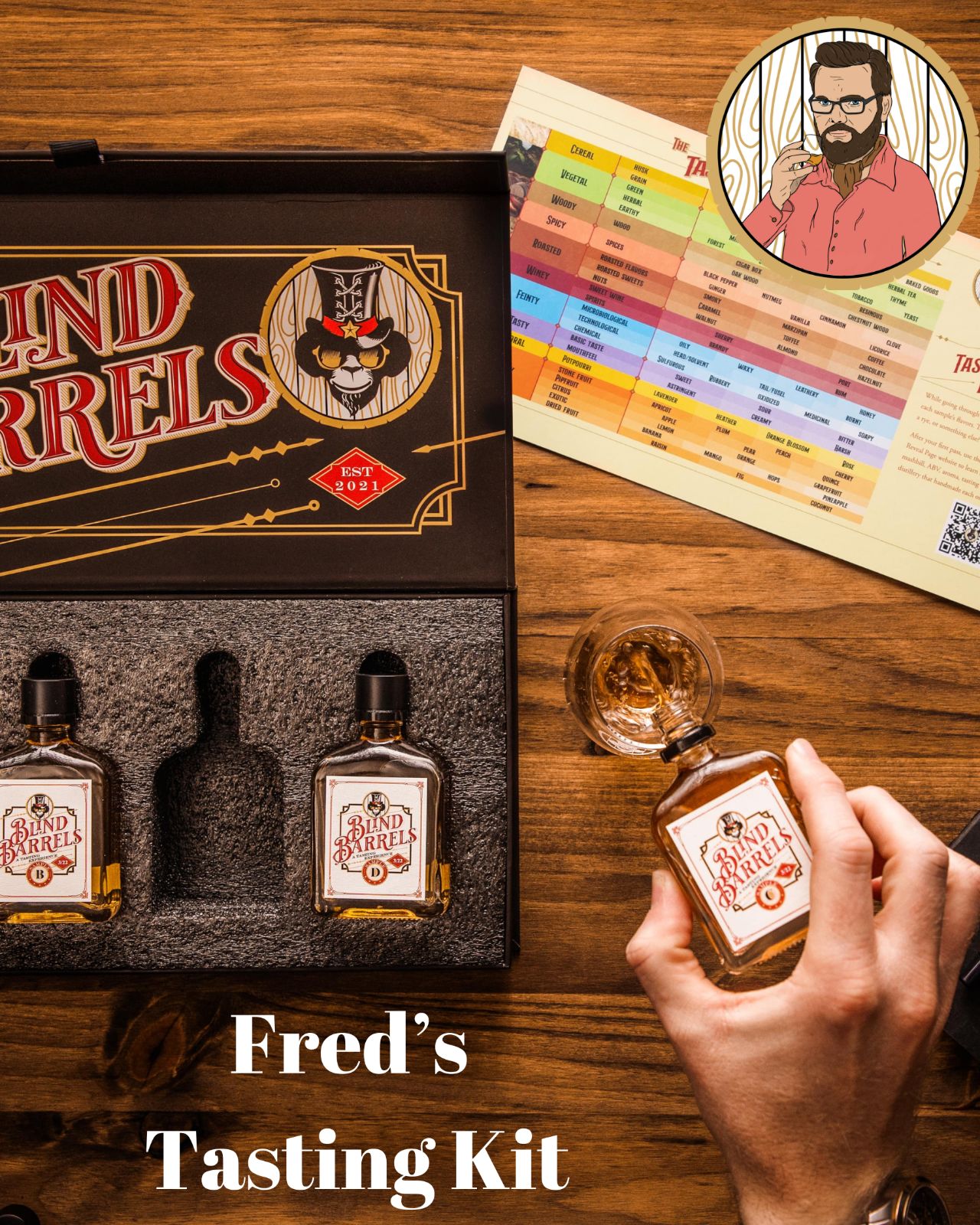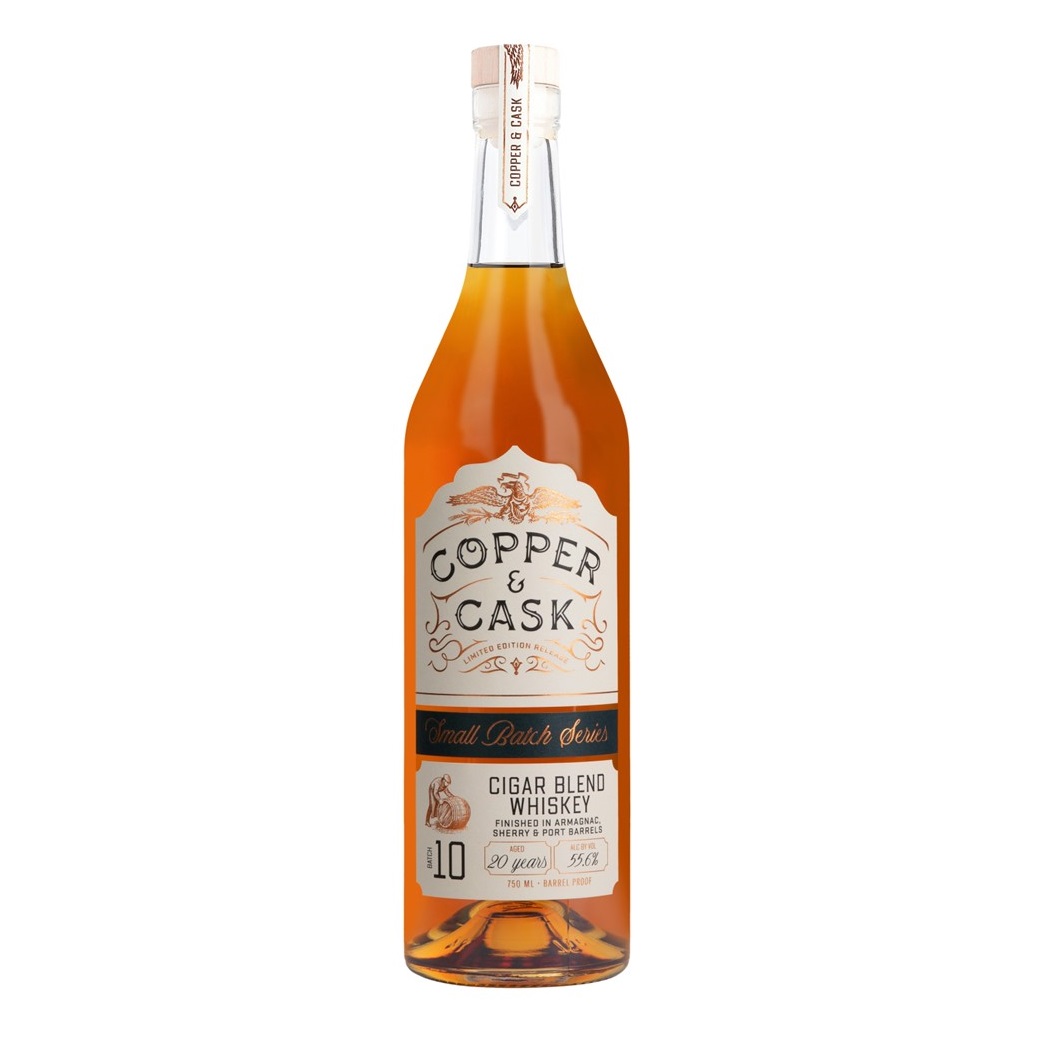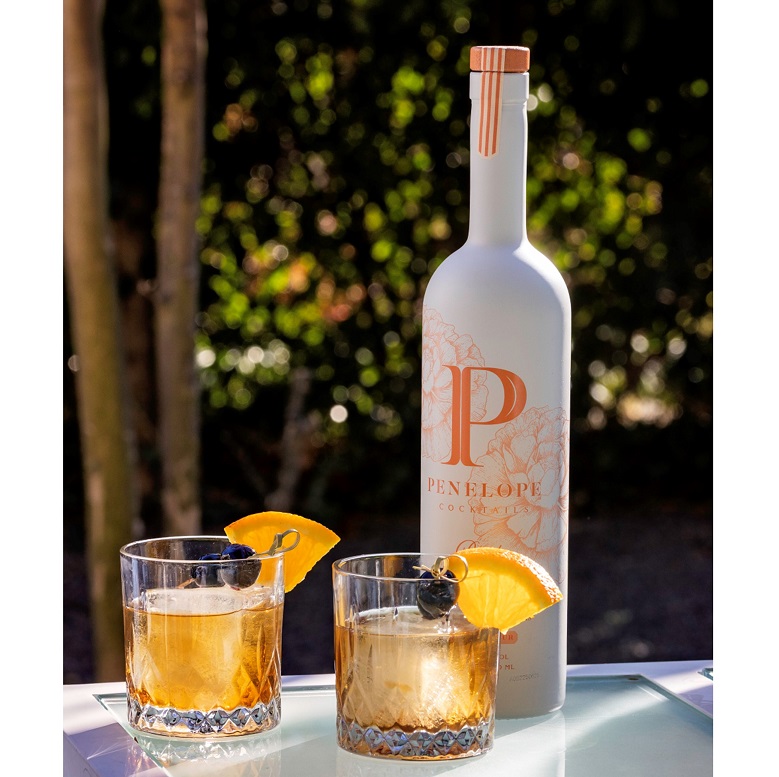Private Citizens Pursue ‘Deceitful’ Whiskey Brands in Federal Government
UPDATED: 5/23/14 9:20 a.m.: Comments from Jefferson’s Reserve founder Trey Zoeller at the bottom of the page. Jefferson’s was one of the brands reported to the TTB.
A couple years ago, I was having drinks with a San Francisco woman who bragged about her favorite rye whiskies. Based on the labels, these whiskies were from all over the country. When I told her they were all made in Indiana and the companies purchased bulk whiskey from the MGP Ingredients Distillery, she was flabbergasted. “How do they get away with that?” she asked, offering sentiments of betrayal and anger.
I was reminded of that conversation when fellow whiskey writer Chuck Cowdery reported bourbon enthusiasts are reporting sourced whiskey bottlers to the U.S. Alcohol and Tobacco Tax & Trade Bureau (TTB) in possible violation of federal law.
The Law In Question
“Section 35(e) of Regulations No. 5 provides that labels of whisky and straight whisky shall disclose the State of distillation of such whisky, if such whisky is not distilled in the State given in the address on the label. This section further provides that the brand label shall show the State of distillation in all cases where the Assistant Regional Commissioner finds that without such statement the label is misleading as to the State of actual distillation.” View Regs
The TTB has yet to make a public ruling on violations, but I contacted Wade Woodard, one of the private citizens leading this charge against non-disclosure in American whiskey. Based in Houston, Woodard works in real estate, and he and his bourbon-loving cohorts have reported 20 American whiskey bottlers to the federal government. I’m fascinated with the fact that this endeavor came from private citizens and not people in the industry. I had to know why Woodard pursued this action.
Brands Reported to TTB for State Distillation Disclosure
Yellow Rose Double Barrel Whiskey
Yellow Rose Blended Whiskey
Yellow Rose Straight Rye Whiskey
Red River Bourbon Whiskey
Red River Rye Whiskey
Red River Texas Young Rye Whiskey
Red River Single Barrel Bourbon Whiskey
Whitmeyer’s Texas Single barrel Whiskey
Witherspoon’s Texas Straight Bourbon Whiskey
Troubadour Bourbon Whiskey
Troubadour Blended Whiskey
Troubadour Barrel Strength Bourbon Whiskey
TX Blended Whiskey
Rebecca Creek Fine Texas Spirit Whiskey
Jefferson’s Reserve
Silver Star Whiskey
Red Handed Bourbon Whiskey
Salado Texas Whiskey
Henderson Rye Whiskey
Henderson Bourbon Whiskey
Black Saddle Bourbon Whiskey
Jesse James Bourbon Whiskey
Alibi Whiskey
Templeton Rye Whiskey
Breckenridge Bourbon Whiskey
Tin Cup American Whiskey
Whistlepig Straight Rye Whiskey
Whistlepig Boss Hog Straight Rye Whiskey
Hillrock Estate Bourbon Whiskey
Why did you report brands to the TTB?
I like to support the craft distillers in my area. Some are doing a really good job and making product from scratch from grain to glass right here in Texas. And then I started seeing all these products on the shelf and as an average consumer, you’d think they were made right here in Texas. They have the complete marketing bologna on them and Texas on the label. I knew what they were doing: They were sourcing this whiskey {from Indiana or Kentucky} and putting a Texas label on it. In my opinion, that was hurting these other guys who were really doing it right—Garrison and Balcones. … I did this to help the true craft distillers.
I look at this like the “Yogurt” Jerry Seinfeld Episode, where everybody thought they were eating non-fat yogurt. They started gaining weight and had it tested. It wasn’t non-fat. I look at what we did like that…it was the right thing to do.
Why pick this issue over something like the TTB approving a bottled-in-bond flavored whiskey?
Some of those other things are cases of people not knowing the law. In this case, they knew the law, but chose to deceive the consumer. I know one example of a distiller in Houston. The first product they made was from grain to glass. Then, they started selling a rye whiskey. I saw their label approval online and it listed the state of distillation on the label. I saw them at an event and noticed they didn’t have the {state of distillation} on the label anymore. He said, ‘we talked to our wholesalers and they told us not to put that information on the label.’ So, they knew the law and yet they could sell more if they were being deceitful.
If you could have a conversation with a bottler buying whiskey from Indiana, what do you say to them about putting their state of distillation on the bottle?
The sourced-whiskey bottling business is very respectable. Many independent Scotch bottlers are very upfront about who they are and what they do, and they’re very successful at it. There’s no reason why that model cannot be followed in the United States. Just be honest about your whiskey.
UPDATE: After this story ran yesterday, I reached out to Jefferson’s Reserve founder Trey Zoeller about Jefferson’s labeling and whether the TTB has contacted him. “We have never misrepresented what is in the bottle. Our labeling honestly reflects the geographic origin of our products,” Zoeller wrote in an email.
In my opinion, this geographical labeling issue has leapfrogged the whiskey shortage as the most-interesting American whiskey story. I remain fascinated this all came from consumers reporting to the TTB, and it just goes to show how passionate whiskey drinkers are.



